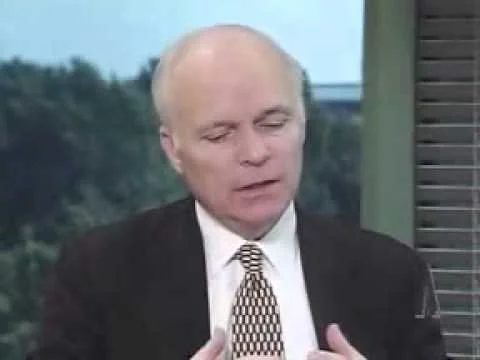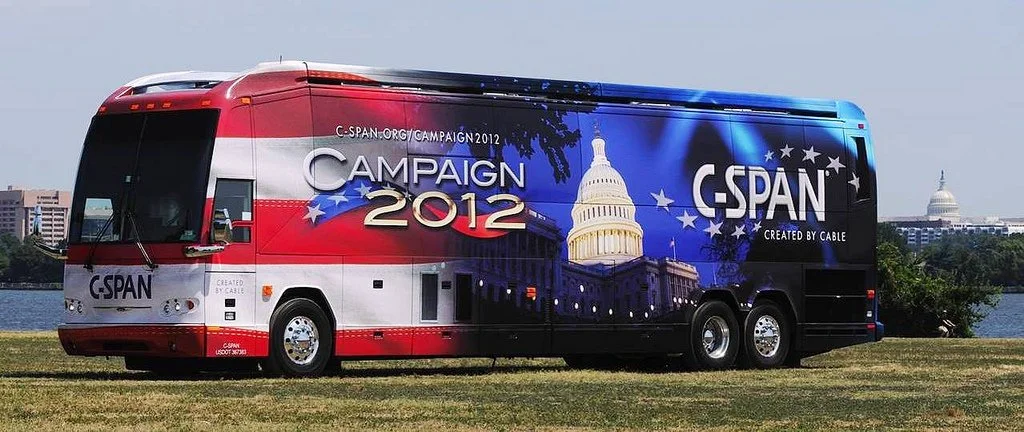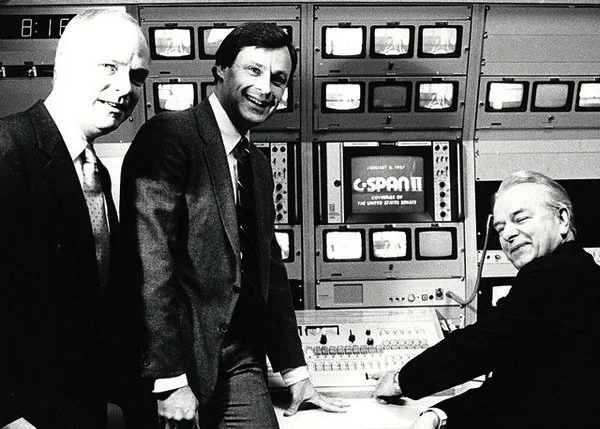CABLE NEWS
Washington, D.C.
-

C-SPAN
Cable TV was still in it’s infancy when I graduated from American University. If you were willing to work for minimum wage and had a strong back, you could get a job in television production.
-

C-SPAN TIMELINE
C-SPAN contacted me 6 days after graduating from American University. I applied for a position during my final semester and was thrilled to have a job as an electronic journalist so soon after graduating.
-
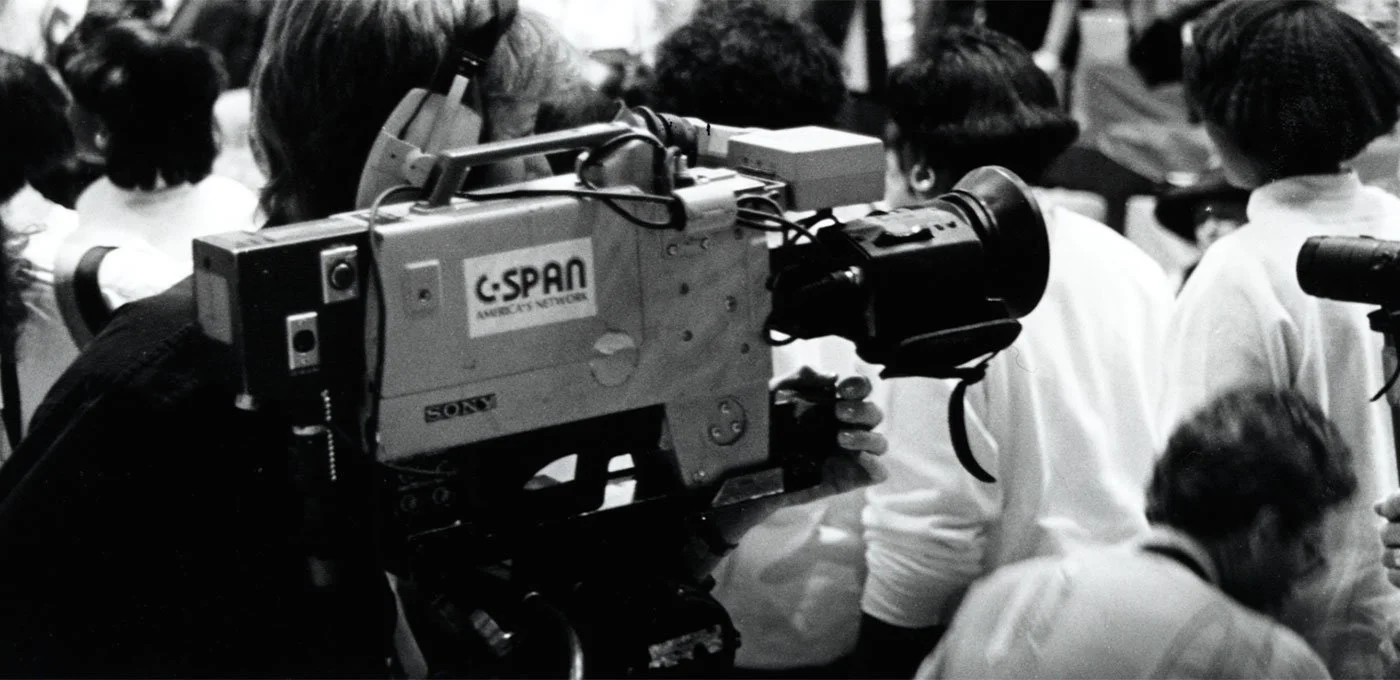
ENG CAMERA OPERATOR
C-SPAN had sveral crews assigned to political news and congressional hearings. Brian Lockman was the guy in charge of assigning people to crews. He put me on a team assigned to The Dirksen Senate office building.
-
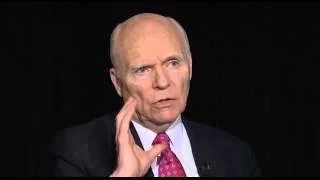
BRIAN LAMB
After working in the field covering congressional hearings, I got an opportunity to work with Brian Lamb, the chief architect of C-SPAN and CEO of the channel.
-
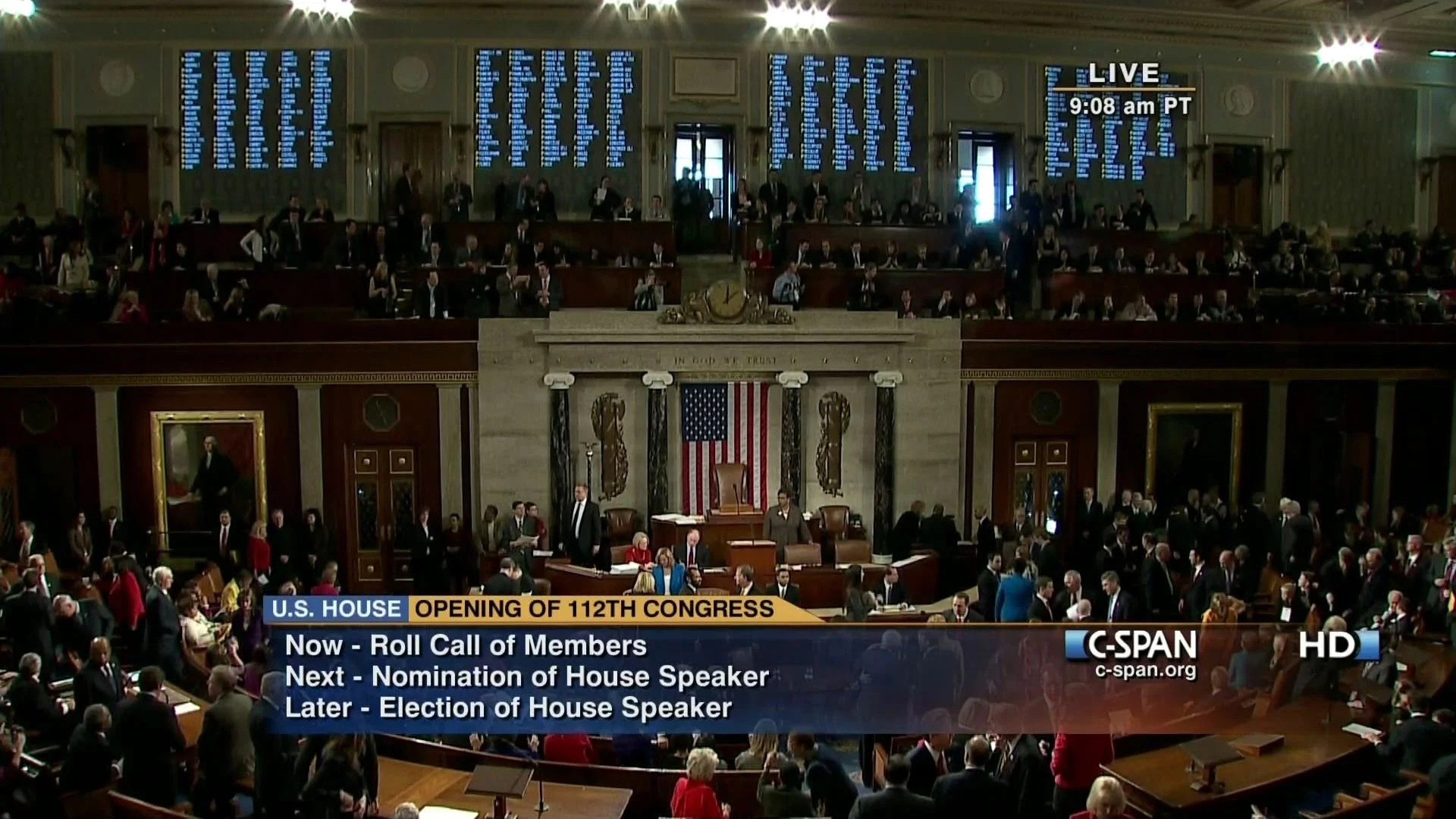
CAMERAS IN THE HOUSE
CSPAN broadcast live and taped sessions of congress over Cable-TV and provided a sense of legitimacy to the fledgling Cable industry at a time when it was needed the most.
-

CNN
I shot camera, recorded audio and did some field engineering when I moved to CNN from C-SPAN.
C-SPAN provided the greatest opportunity to get hands-on experience with a wide range of broadcast-quality production gear and the freedom to learn everything from technical direction to how to become a Master Control Operator. The pressure to do your job well was apparent and it could be felt on day one when I joined my crew for the first time. The assignments got more intensive within the next few weeks. You either adapted or you were gone. At C-SPAN,. you were expected to know what you were doing, regardless of experience. If your camera moves were shaky, the Director didn’t spare your feelings. Management was often brutal, and there were rules in place for everything including very tight chroma and luminance values and proper headroom and shot compositions. It took me a few days before I finally understood why these things were so important. These rules were created by design, they were establishing their unique “look” on-air, and that was fascinating to me. Some people fell apart instantly and either ran for the hills or were discharged , I worked as a Camera Operator, T.D., Audio Engineer, Stage Manager, Director, Producer and Video Engineer. The C-SPAN experience led directly to a regular crew assignment at CNN’s D.C. News Bureau which was subcontracted, at that time, to a D.C. production facility. I also worked for the U.S. Chamber of Commerce’s Television Studio, Biz-Net. Later as an Independent Producer, I worked on a few other Cable-TV projects for The Discovery Channel and Home Team Sports. 

